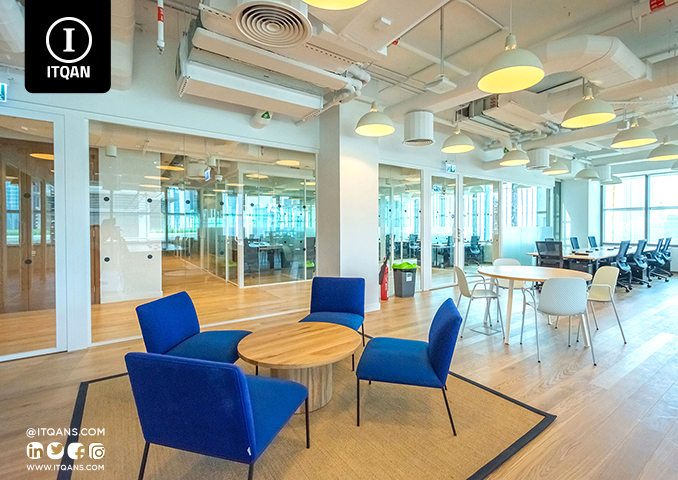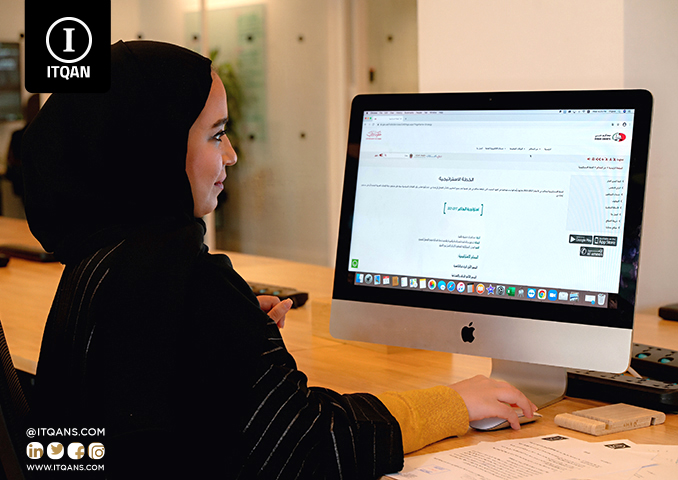When it comes to setting up a company in the UAE , taxes play a vital role in investors’ calculations and business plans. The UAE is characterized by stable and easy tax policies, which make it easier for new companies to start their activities without excessive tax costs in the early stages. Businesses benefit from the lack of personal income or capital taxes in most emirates, making them an attractive destination for international and local investors alike.
Most companies in the Emirates benefit from the tax exemptions provided by the Freedom Zones and Special Economic Zones, where companies are exempt from income taxes for a specific period, enhancing the possibility of growth and investment in new and innovative projects. These rational tax policies reflect the UAE’s commitment to creating a business environment that stimulates innovation and investment, making it one of the leading business destinations on a global level.
The tax aspects of establishing a company in the UAE reflect the unique balance between encouraging investment and providing the necessary resources to achieve sustainable growth. Establishing companies in the UAE This introduction provides an overview of how the UAE deals with taxes in the context of company establishment, contributing to a deeper understanding of the region’s growing economic environment and its attractiveness as a global business and investment centre.

The tax imposed on establishing companies in the UAE
جدول المحتوى
ToggleTypes of companies that can be established in the UAE
The United Arab Emirates is considered one of the world’s leading business destinations, as it provides a developed and diverse investment environment that suits the needs of various companies and investors. The UAE offers the possibility of establishing several types of companies, based on the business needs and financial strategies of investors. Here is an overview of the types of companies that can be established in the UAE:
Limited Liability Company (LLC):
- It is one of the common and preferred types for small and medium companies.
- It is allowed to be established with a specific capital and the contribution of specific owners, and it enjoys legal protection for shareholders.
Joint stock company:
- It consists of shareholders who bear the risks in specified proportions of capital.
- Large or family-owned companies can take advantage of this type to obtain large investments.
One person company:
- It allows one individual to have complete control of the company without the need for a partner.
- Suitable for entrepreneurs and individual investors who want full control of their business operations.
Limited liability company with joint stock:
- It enables shareholders to obtain tradable shares in the financial market.
- Large companies can use it to raise capital and sustainably grow.
The requirements and conditions for establishing each type of company differ, and specialized consultation is required to choose the optimal structure that meets the individual needs of investors. The UAE has a dynamic and flexible market that encourages innovation and economic growth, making it an ideal destination for establishing and developing companies on a global level.
Basic steps to establish a company in the UAE
The United Arab Emirates is one of the leading global destinations for entrepreneurship, as it enjoys a vibrant and developed investment environment that supports the establishment and operation of companies with high efficiency. Through these basic steps, investors and entrepreneurs can confidently and effectively start their projects in the UAE. The basic steps for establishing a company in the UAE :
- Determine the type of company: The investor must first determine the type of company appropriate for his business needs, such as a limited liability company, a joint-stock company, or a one-person company.
- Choosing and reserving a company name: You must choose a unique name for the company and ensure that it is legally available. The name is then reserved by the competent authorities.
- Preparing legal documents: The legal documents required to establish the company must be prepared, such as the articles of association and partner contracts (if any).
- Submitting the application and paying the fees: The incorporation application must be submitted to the competent regulatory authorities and the fees required to process the application must be paid.
- Obtaining the necessary approvals: The incorporation process may require approvals from the competent government agencies, such as the General Authority for Civil Affairs, tax authorities, and other official authorities.
- Renting the office and obtaining a license: The company must rent an office and obtain the commercial license necessary to start the commercial activity.
- Registration with tax and social authorities: The company must register with tax and social authorities in accordance with the legal requirements in force in the Emirates.

Taxes associated with establishing and operating companies in the UAE
Taxes associated with establishing and operating companies in the UAE
In the UAE, taxes are an attractive aspect for investors, as companies enjoy a range of unique tax benefits. Most companies registered in free zones and special economic zones enjoy zero income taxes for up to 50 years, which helps attract foreign investment and promote economic growth. In addition, there are no taxes on capital or profits, making the UAE an ideal environment for international companies to grow and expand.
Certainly, in the UAE , taxes are an essential part of the business-friendly economic environment, as companies enjoy many tax privileges that make them an attractive destination for investors. In free zones and special economic zones, income taxes are usually exempt for up to 50 years, with no capital or profits taxes. In addition, the UAE provides an international tax network characterized by high transparency and compliance with international standards, which contributes to enhancing confidence between investors and companies.
These flexible and low tax policies reflect the UAE’s commitment to promoting sustainable economic growth and attracting investments both locally and globally.
Special economic zones and what benefits they offer to companies
In the UAE, Special Economic Zones (Free Zones) are an ideal environment for establishing and operating companies, as they provide a wide range of privileges and benefits that make them attractive to local and international investors alike. These areas are special thanks to their flexible and low tax regulations, making them suitable for various types of businesses from small and medium enterprises to large and multinational companies. Benefits of special economic zones typically include:
- No taxes on income and profits: Companies registered in free zones enjoy complete exemption from taxes on income and profits for a certain period that may reach 50 years.
- Full foreign ownership: Foreign investors are allowed to own 100% companies without the need for a local partner.
- Fast and simple registration procedures: Free zones feature quick and simple registration procedures, which facilitates the process of establishing companies and starting commercial activities.
- Ease of banking and foreign currency transactions: Free zones also provide an advanced infrastructure for banking and financing services, with the ability to conduct transactions in different currencies with ease.
- Advanced infrastructure and logistics services: Special economic zones have advanced infrastructure, including transportation and logistics facilities, which supports business activities and contributes to reducing production and distribution costs.
With these benefits, special economic zones are an ideal choice for companies looking for a flexible and stimulating business environment for growth and expansion in the UAE.
Our company’s role in establishing companies in the Emirates
Tax policies related to establishing companies in the UAE reflect a strategic government direction towards enhancing the business environment and attracting national and international investments. The UAE is one of the few markets in the world that provides a tax structure that encourages growth and innovation, as it does not impose taxes on personal income or capital in most of its economic regions. This approach reflects the UAE’s commitment to supporting new projects and stimulating local and global investments.
Thanks to the tax exemptions available in the Freedom Zones and Special Economic Zones, the UAE gives new companies the opportunity to establish and grow without heavy tax restrictions that hinder them in the early stages of their work. These policies enhance the UAE’s economic attractiveness as a global business hub, attracting investors and strengthening its position as a preferred investment destination globally.
By benefiting from a favorable and supportive tax environment, companies in the UAE can develop and expand sustainably, which contributes to supporting the country’s economy and enhancing its global economic standing. Therefore, the taxes associated with establishing companies in the UAE are an essential element of economic and investment success in this distinguished destination.
Frequently asked questions about establishing companies in the UAE
What types of companies can be established in the UAE?
Limited liability companies, joint stock companies, one-person companies, and limited liability companies can be established with a shareholding.
What are the basic steps to establish a company in the UAE?
The steps include choosing the type of company, reserving the company name, preparing legal documents, submitting the application, paying fees, obtaining the necessary approvals, renting the office, obtaining licenses, and registering with the tax and social authorities.
Can foreigners establish a company with 100% ownership in the UAE?
Yes, in the Freedom Zones and Special Economic Zones, foreigners can establish companies with 100% ownership, while companies outside these zones require a local partnership of at least 51%.
What are special economic zones and what benefits do they offer businesses?
Special economic zones are designated areas that provide tax exemptions, favorable customs policies, bureaucratic facilities, and a strategic location, making them attractive for businesses to grow and expand.
What are the approximate costs of establishing a company in the UAE?
Costs vary based on the type of company and its location, and include licensing fees, rental costs, legal and consulting expenses, along with the requirements of running the business.
What are the taxes associated with establishing and operating companies in the UAE?
Most companies in the UAE are exempt from taxes on personal income and capital, with the exception of certain specific sectors that are subject to tax.

















